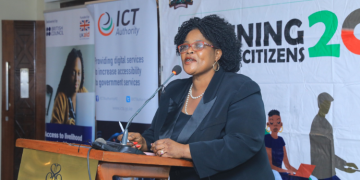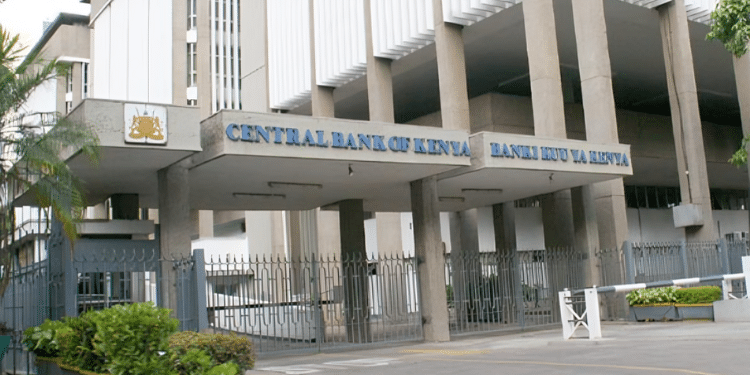Members of the cabinet have sanctioned the digitization of the entire education system from primary schools to the university and other tertiary institutions.
According to a dispatch from a cabinet meeting held at State House, Nairobi, cabinet members made the decision in line with Kenya Kwanza’s agenda of transformation.
The digitization, according to the dispatch, will help to address challenges including cases of schools running parallel accounts, charging of unauthorized school fees, and diversion of the exchequer releases on capitation.
“IN KEEPING WITH the Administration’s digital transformation agenda, Cabinet sanctioned the digitization of the entire education system, spanning from basic education to tertiary and university levels,” the dispatch read in part.

“This intervention aims to address the governance challenges within our education system that has led to parallel accounts, charging of unauthorized school fees, diversion of the exchequer releases on capitation and other fraudulent activities that undermine the integrity of the education system, leading to the enrollment of ghost student.”
Cabinet decision & Ruto’s E-citizen plan
The digitization move comes at a time the government is pushing to have school fees paid through E-Citizen.
In a letter dated January 31, 2024, Principal Secretary for Basic Education Belio Kipsang directed all national school principals to share school bank accounts ahead of the planned shift to the E-Citizen platform as the channel for paying school fees.
Also Read: Machogu Addresses Paying Fees with Goats, Firewood on eCitizen
PS Kipsang in his letter said the move was aimed at enhancing service delivery, with the Ministry assuring that all schools would subsequently receive the funds from the exchequer.
President William Ruto also affirmed his support for the move noting that it was key to ensuring transparency in the transactions made by school heads in various institutions.
The President expressed his concerns that current bank accounts operated by schools in Kenya were not transparent, citing examples of schools which were reported to charge extra fees.
“You may have heard the latest about school fees in Kenya. We are insisting that it be paid through e-Citizen,” Ruto said.
Also Read: Court Issues New Directive on Payment of School Fees Via eCitizen
Move to roll out E-Citizen faces road blocks
But the proposal sparked jitters with teachers and other groups coming out to voice their objection.
Among the concerns raised about the impact of the move was one questioning the fate of parents who pay school fees through unconventional means such as exchanging livestock or farm products with various schools.
Subsequently, the Kenya Union of Post Primary School Education Teachers (KUPPET) filed a petition seeking to bar the government from carrying on with the shift to E-citizen.
The court, in turn, suspended the implementation of the directive until the case is heard and determined.
On Tuesday, February 13, the High Court extended the suspension slapped on the move to April 2024 to the allow hearing of the KUPPET case.
“An interim conservatory order is hereby issued suspending the Circular or letter by the Principal Secretary (Belio R Kipsang), Ministry of Education dated 31st January 2024, requiring parents/guardians and or students to pay fees and or any other levies for all government learning institutions through e-citizen platform or any other digital platform(s) until 13th February 2024, when the court will issue further directions in this petition,” the court ruled.











































































